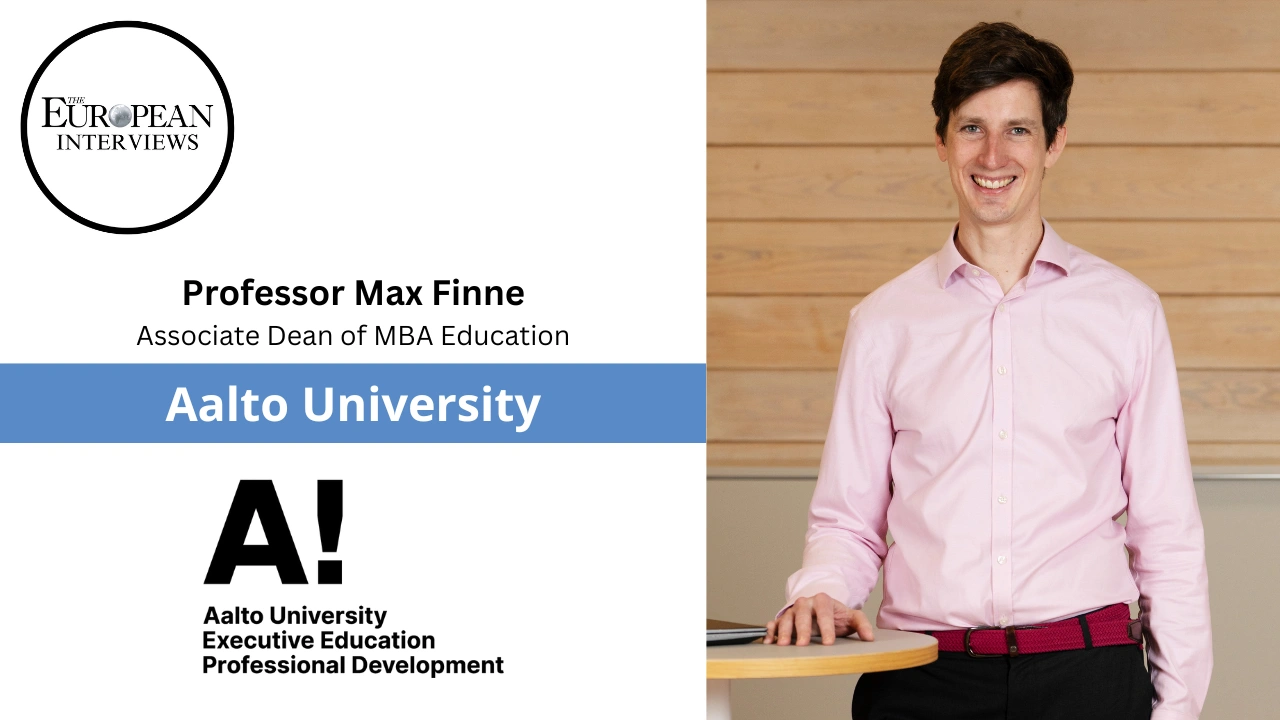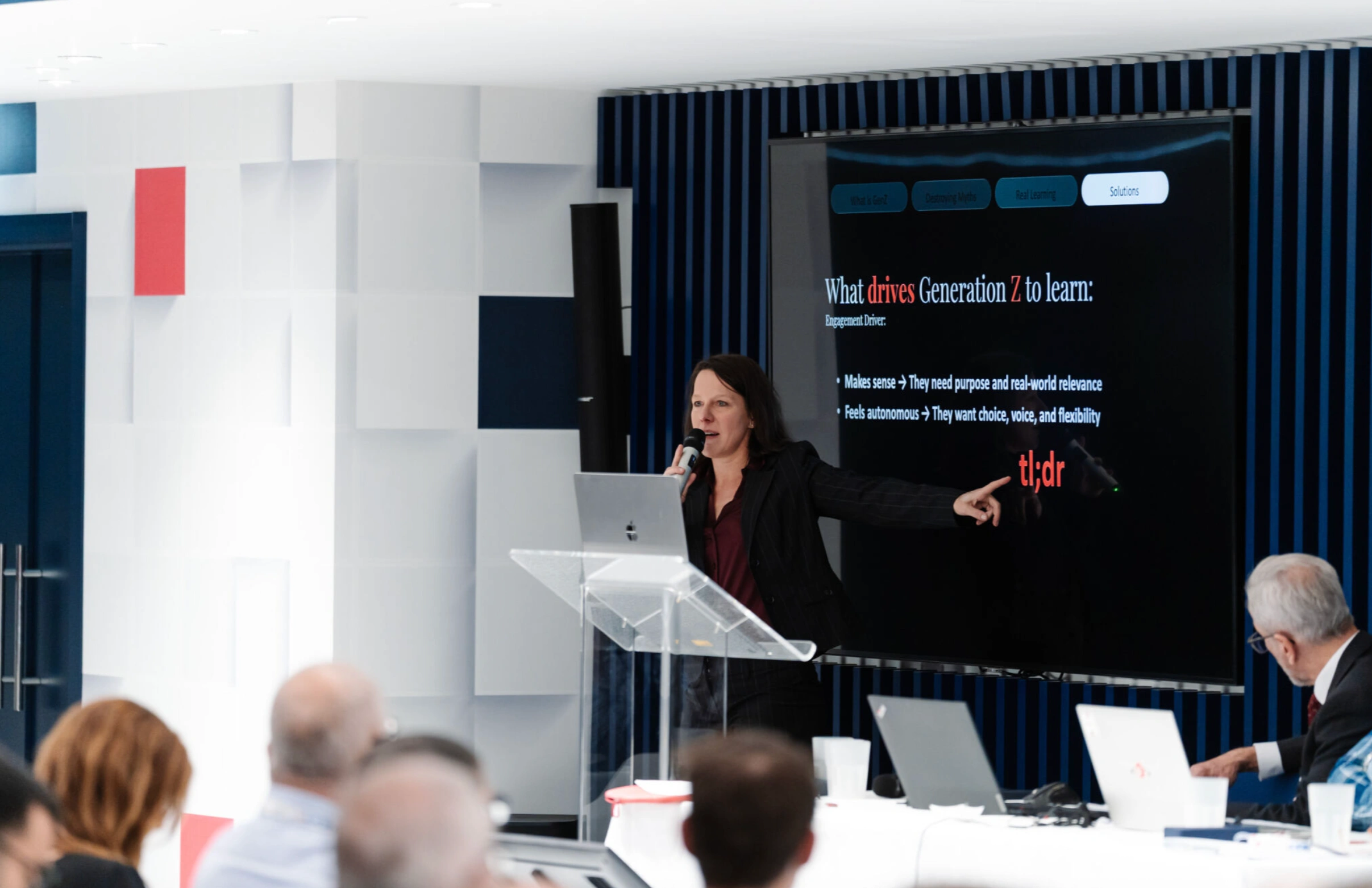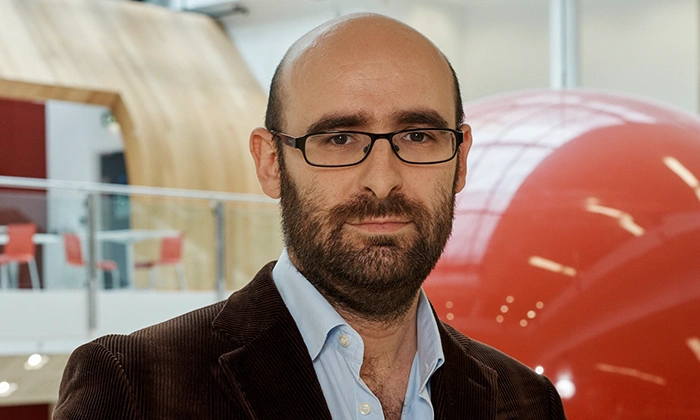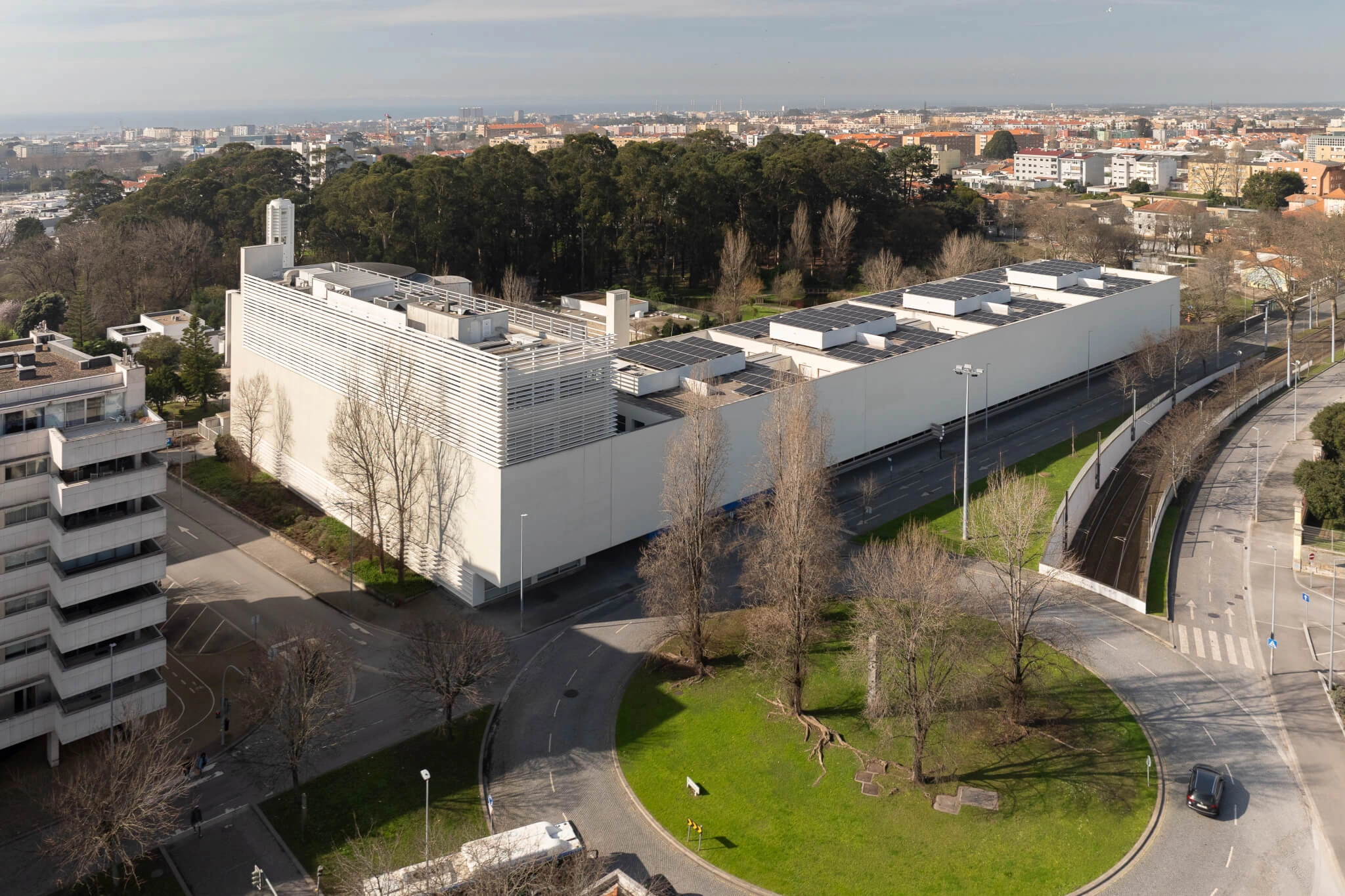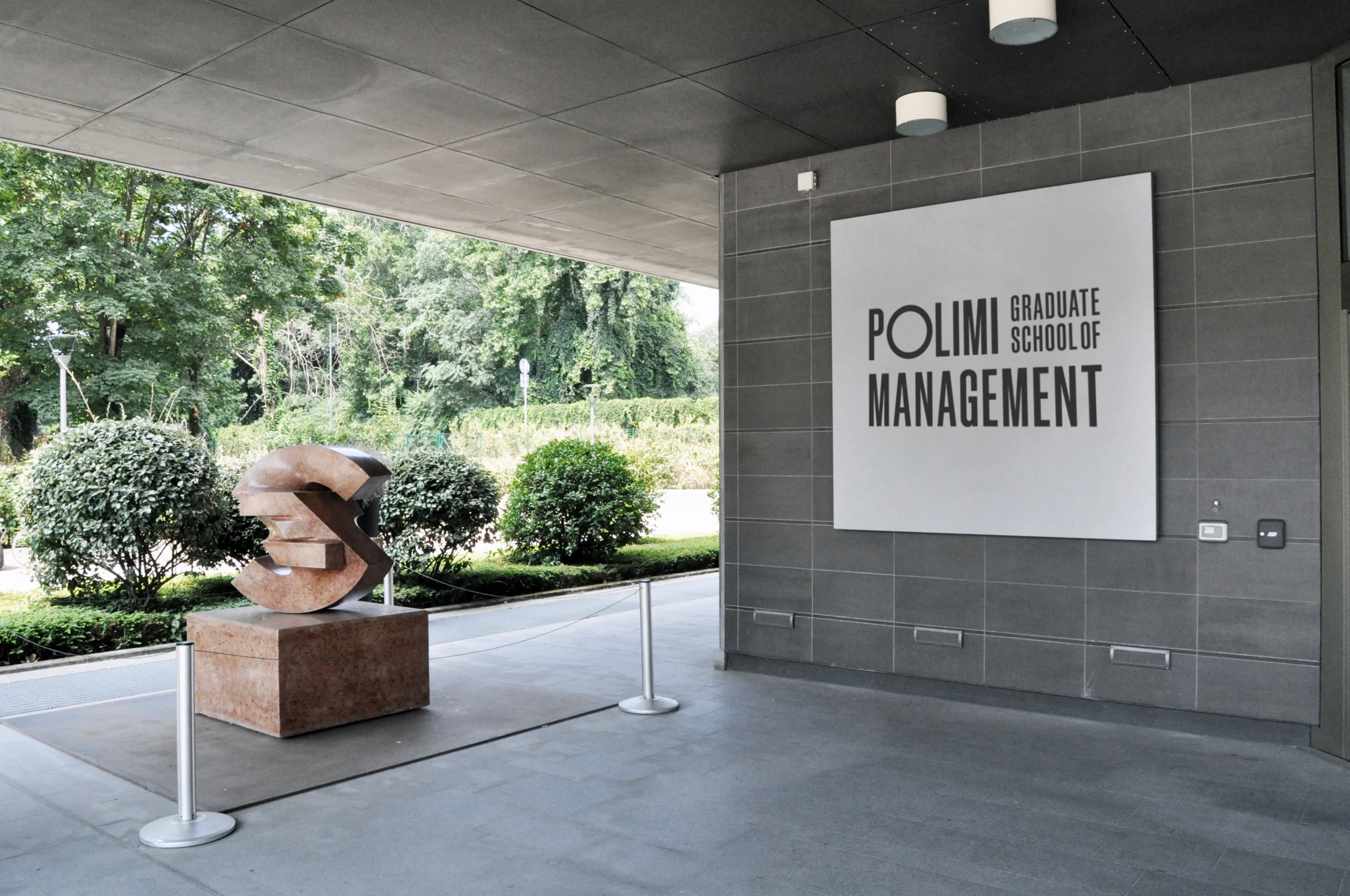Addressing the challenges of digitisation

John E. Kaye
- Published
- Executive Education, Home

Digital transformation affects all of us in different ways: shared knowledge, accelerated communication and operating processes and new business models are just a few of the many experiences related to today’s societal shift. Continuous tech innovation demands that we question our individual lifestyles and encourages new working practices for employees and managers. A smart organisation of such innovation is a key driver to reach economic and social sustainability. And at the same time, novelty values and agility are essential conditions for consistent success and growth. Digitisation urges companies to develop, adapt and innovate much faster than in the past.
It is not just about companies, managers and employees: everybody is challenged in an unprecedented way. Digitisation requires disruptive innovations and, moreover, it changes the content-related orientation of corporations in terms of vision and strategy. It varies the organisational structures and processes and, most importantly, diversifies the way a company interacts with its stakeholders, e.g. in integrity management. Everything must be questioned. No stone can be left unturned: corporations must scrutinise conventional thinking patterns, models and processes and managers must be attentive to the essential skills needed for successfully managing this radical transition. Given the complexity of this comprehensive journey, efficient and effective forms of individual and organisational decision-making and new types of leadership qualities and competencies are crucial.
To satisfactorily address the challenges of digitisation, managers are to engage in a mature dialogue in a variety of settings. It is their duty to find an innovative, intercultural and foremost reflexive approach to lifelong learning. Consequently, the objective of any executive Masters programme is to professionalise the company’s high potentials to understand the transformation in a digital context. It demands to know: ‘How to shift my industry?’, ‘Where to get support?’, ‘Who to charge for organising the sources of creativity?’ Our very job as universities is to release the individual resources that empower people and businesses to navigate throughout the vast ocean of ideas. There can be no doubt that in terms of potential and capabilities, our future is full of promise.
Our foremost duty in executive education is to describe and analyse the ever-more complex interplay between business innovation and social modernisation. Let’s stress classical concepts of reform, i.e. the increasing rationalisation of social and economic action, to arrive at a more comprehensive understanding of distinct social and cultural conditions needed to create viable business environments. In the end, one major task of successful companies is the management of compliance and integrity. Only leadership excellence secures ethical and sustainable governance for a future-oriented company. This, too, is the urgent obligation of universities in times of digitisation.
Further information
www.zeppelin-university.com
zu.de/ee
Mark Mietzner is Professor of Finance and Dean of Zeppelin University Executive Education in Friedrichshafen, Germany.
RECENT ARTICLES
-
 Hannu Tihinen on strategy, leadership, and the value of an EMBA
Hannu Tihinen on strategy, leadership, and the value of an EMBA -
 European MBAs adapt to AI as Aalto overhauls executive education
European MBAs adapt to AI as Aalto overhauls executive education -
 From dialogue to action: how emba X prepares leaders for a new era of responsible innovation
From dialogue to action: how emba X prepares leaders for a new era of responsible innovation -
 How Europe can learn faster: turning AI into safer, smarter adult training
How Europe can learn faster: turning AI into safer, smarter adult training -
 Aalto EE launches Aalto Tech EMBA to equip executives for digital transformation
Aalto EE launches Aalto Tech EMBA to equip executives for digital transformation -
 Supply chains are being remade. Leadership must be too
Supply chains are being remade. Leadership must be too -
 Why the real barrier to AI success sits in the boardroom
Why the real barrier to AI success sits in the boardroom -
 ETH Zurich and the University of St.Gallen redefine executive education with emba X, a new model of responsible leadership
ETH Zurich and the University of St.Gallen redefine executive education with emba X, a new model of responsible leadership -
 Why leadership is the strongest defence in South Africa’s schools
Why leadership is the strongest defence in South Africa’s schools -
 Porto Business School launches executive programme on AI strategy
Porto Business School launches executive programme on AI strategy -
 POLIMI Graduate School of Management strengthens global reputation in MBA and master’s rankings
POLIMI Graduate School of Management strengthens global reputation in MBA and master’s rankings -
 Trinity Business School strengthens standing in global MBA rankings
Trinity Business School strengthens standing in global MBA rankings -
 Meet the class of 2025… and their children. Why mid-life university learning is on the rise
Meet the class of 2025… and their children. Why mid-life university learning is on the rise -
 University of Michigan launches executive programme for chief data and AI officers
University of Michigan launches executive programme for chief data and AI officers -
 International education: A vision for global citizens
International education: A vision for global citizens -
 How to create lasting social change? Build a community
How to create lasting social change? Build a community -
 Tomorrow’s world needs Dyslexic Thinking
Tomorrow’s world needs Dyslexic Thinking -
 Why family therapy is the best investment you can ever make
Why family therapy is the best investment you can ever make -
 How EQ can give us the edge over AI
How EQ can give us the edge over AI -
 A true root and branch approach
A true root and branch approach -
 It's fine to say you're not ok
It's fine to say you're not ok -
 Are you willing to change with your organisation?
Are you willing to change with your organisation? -
 Emerging markets: Online learning for women unlocks economic potential
Emerging markets: Online learning for women unlocks economic potential -
 A programme of urgent importance
A programme of urgent importance -
 Why progress is not parity
Why progress is not parity


